Banking on Climate Chaos (BOCC) campaigns to stop banks funding climate disruption. They do this by reporting on bank financing of fossil fuel companies, and highlighting communities fighting fossil fuel projects that threaten their lives and livelihoods. They found a significant increase in fossil fuel finance by global banks in 2024.
The webinar highlighted their latest report on fossil fuel finance (available for download here). The report considers the biggest 65 banks globally. Among these are JP Morgan Chase and Citibank, names Extinction Rebellion Ireland protesters are well familiar with. These banks are among the top 5 fossil fuel finance banks in 2024 and are the top 2 fossil fuel banks 2021-2024.
The Net Zero Banking Alliance (NZBA) was launched in 2021 with the support of the UN to align bank lending and underwriting portfolios with the objective to limit the temperature increase to 1.5 degrees since pre-industrial levels, in line with the Paris Agreement. Banks made commitments, but these commitments were only voluntary; there was no legal requirement to uphold them.
Nonetheless, many banks have since left the NBZA, including JP Morgan Chase and Citi Bank. Following this exodus NZBA rolled back on its promise to uphold the 1.5-degree climate goal, making it ‘well below 2 degrees’ instead.
So, new fossil fuel projects are still being financed.
While many of the 65 banks have policies restricting project financing, most of these policies contain loopholes for corporate finance.
For example, when a company receives general purpose corporate financing, this amount of money can go to any of the company’s activities, including fossil fuel expansion. In another example, while merger and acquisition financing does not necessarily go directly towards new capital or infrastructure, this consolidation — for which bank financing is critical — is often an attempt to grow the power and competitiveness of fossil fuel companies, at a time when the world needs to phase out fossil fuels.
Up to 2024, the top 65 banks have given $7.9 trillion in fossil fuel finance commitments since 2016, the year of the Paris agreement.
(Our own Irish Funds Industry Association boasts direct links to policy makers and regulators, and a close working relationship with the Central Bank of Ireland and all relevant Irish government departments.)
BOCC, in their report, are calling on policymakers at all levels and all geographies to put financial regulatory muscle behind the 1.5° C goals of the Paris Agreement in order to protect our climate, our communities, and our economies from the harms of fossil fuel finance.
We were also given a first-hand account from a climate activist of the tragedy visited on Mozambique by Liquid Natural Gas (LNG) projects.
There, gas extraction projects are being led by big companies like Total, ExxonMobil and Eni. Due to resulting relocations, fishing communities can no longer fish and are being relocated many miles from the coast; farming communities are separated from their land and compensated with tiny portions of land which is often inarable. This has had devastating consequences for communities.
The country is now experiencing inequality, corruption and militarisation, with insurgents, private militia and state forces causing people to live in fear. The project will also bring massive carbon emissions in a country already affected by climate change. Justiça Ambiental (Environmental Justice) want banks involved to withdraw their financing.
(According to a report in BMI [Business Monitor International] on the 19th June 2025 on the Mozambique LNG projects: “ongoing insurgent activity and displacement mean the operating environment remains fragile and stability is not fully assured.”)
Of the many fossil fuel projects ongoing around the world, I want to mention here the East African crude oil pipeline (EACOP). EACOP is 62% owned by TotalEnergies, a French oil company whose fossil fuel expansion plans are located in over 50 countries.
In November, 2023, seven Extinction Rebellion Ireland activists participated in the Oily Money Out protests in London against the financial backers of EACOP. Then in September, 2024 members of Friends of the Earth Ireland, Extinction Rebellion Ireland, and Dundrum Climate Vigil met with Ugandan environmental and human rights defender Maxwell Atuhura. Maxwell's visit to Ireland was organized by Friends of the Earth to raise awareness and build solidarity between Ireland and Uganda on the fight against EACOP.
Growing public awareness and pressure has already resulted in banks, investors, and insurers quitting the EACOP project. Lenders are said to be deeply sensitive to the media optics of fossil fuel expansion projects.
According to Stop EACOP Coalition, tens of thousands of people have already been displaced to make way for the pipeline, facing loss of livelihoods, inadequate compensation, and worsening socio-economic conditions. The project prioritises the extraction of Uganda's oil (alongside potential exploitation of reserves in the Democratic Republic of Congo and South Sudan) not for the benefit of the people, but for refining and consumption abroad and for the profit of TotalEnergies and its partners, while local communities bear the social and environmental costs (28th March 2025).
Another participant in the BOCC webinar from the USA informed us that protests by her local activist group had caused a finance company to pull out of a new local fossil fuel project, thereby delaying the project.
The struggle against new fossil fuel infrastructure is also ongoing here in Ireland, with the Shannon Liquid Natural Gas (LNG) project. New Fortress Energy Inc, Shannon LNG’s ultimate parent company, is incorporated in the state of Delaware in the US. Since 2022, New Fortress Energy has lobbied the government for its interests on multiple occasions, including meetings with senior members of Cabinet.
We hope that protesting against Shannon LNG, a project designed to prolong the use of fossil fuels, will cause further delays and lead to its cancellation.
C O’Reilly
